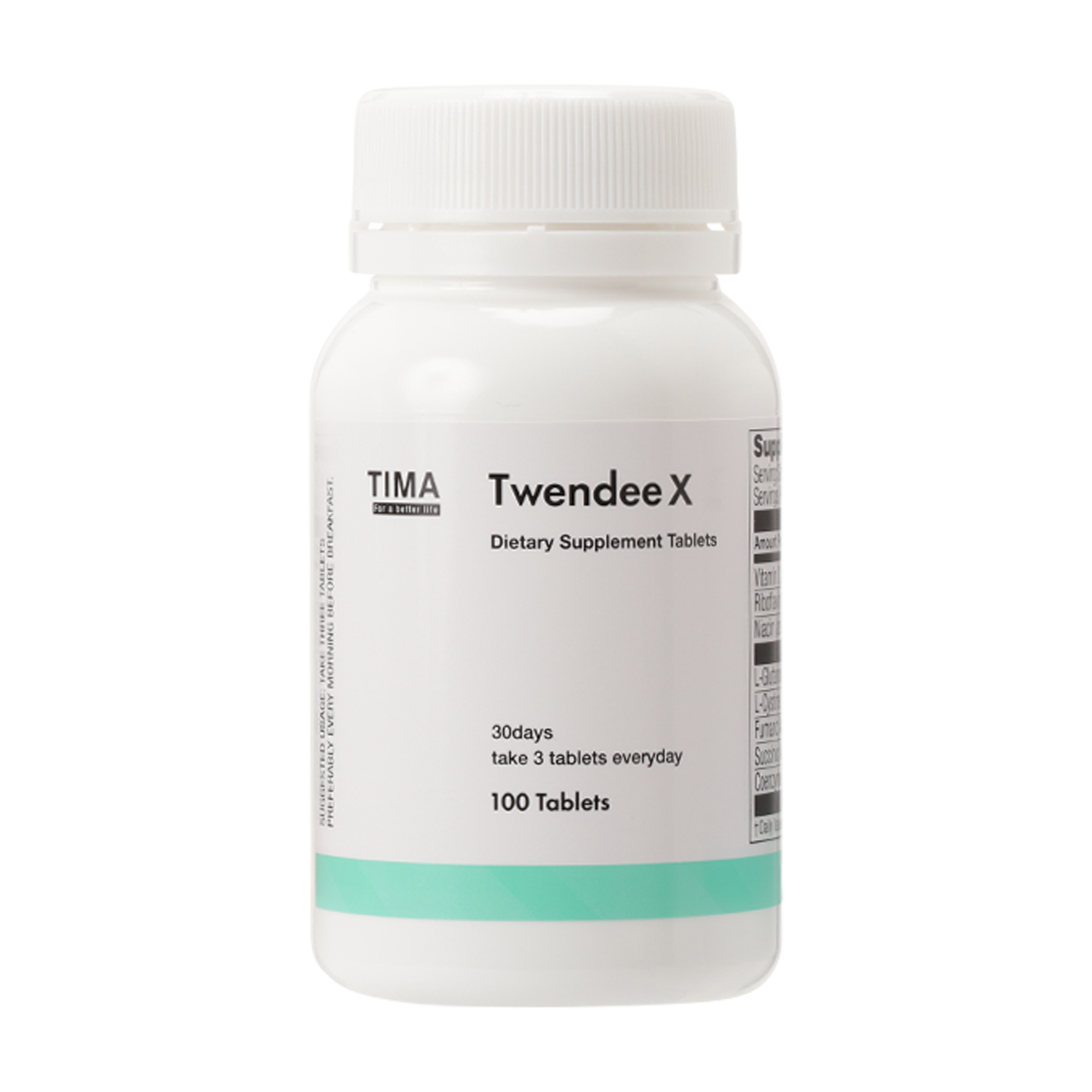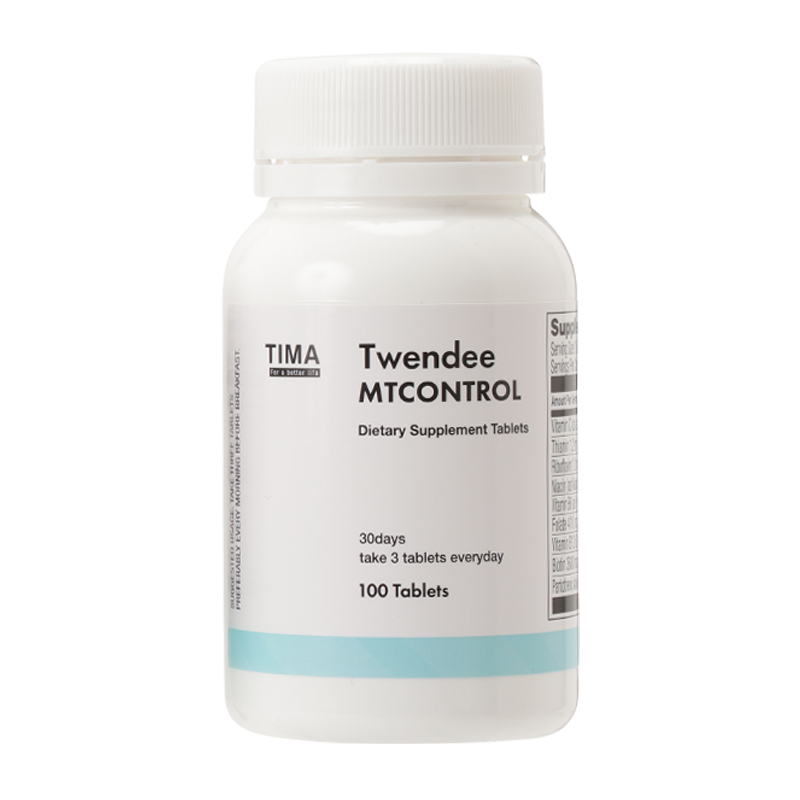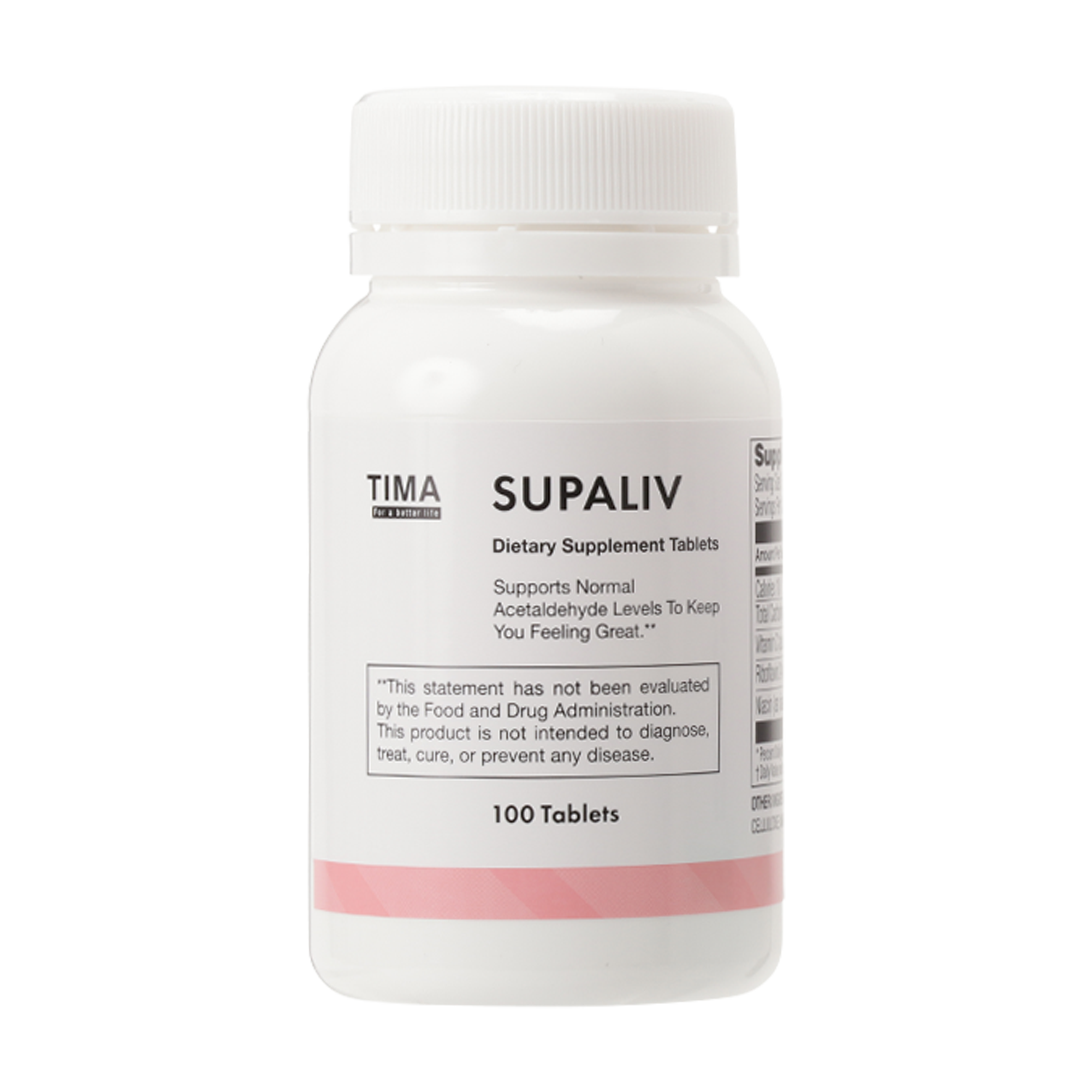Thesis on Oxidative Stress and "liver disease"
- Paper title
- Oxidative stress and alcoholic liver disease.
- Abstract summary
- Ethanol-induced oxidative stress plays a major role in the mechanisms by which ethanol produces liver injury.
- Authors
- Defeng Wu, A. Cederbaum
- Journal
- Seminars in liver disease (Print)
- Semantic Scholar URL
- https://semanticscholar.org/paper/8519c3849dc8eb21763c8d210348613381186d8d
- Abstract
-
Reactive oxygen species (ROS) are highly reactive molecules that are naturally generated in small amounts during the body’s metabolic reactions and can react with and damage complex cellular molecules such as lipids, proteins, or DNA. This review describes pathways involved in ROS formation, why ROS are toxic to cells, and how the liver protects itself against ROS. Acute and chronic ethanol treatment increases the production of ROS, lowers cellular antioxidant levels, and enhances oxidative stress in many tissues, especially the liver. Ethanol-induced oxidative stress plays a major role in the mechanisms by which ethanol produces liver injury. Many pathways play a key role in how ethanol induces oxidative stress. This review summarizes some of the leading pathways and discusses the evidence for their contribution to alcohol-induced liver injury.








